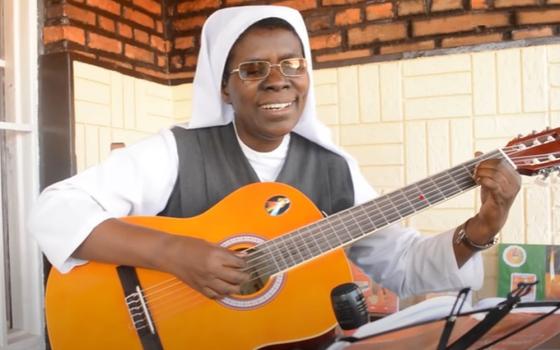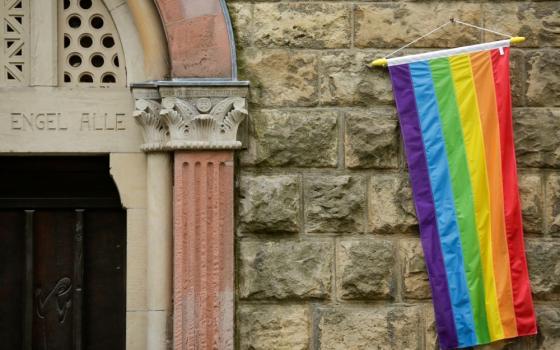I AM NUJOOD, AGE 10 AND DIVORCED
By Nujood Ali with Delphine Minoui
Published by Three Rivers Press, $12
A powerful subject and an author’s worthy aims will not necessarily amount to a good book. This ghostwritten memoir, I am Nujood, Age 10 and Divorced, is a case in point.
The eponymous Nujood is a young Arab girl. She was forced by her family to marry a middle-aged man when she was around 10 years old. Her husband then raped and beat her repeatedly, aided and abetted by his mother. Courageously, and precociously, she managed to escape them long enough to head to a law court, find a judge, and demand a divorce. Her case became something of a cause célèbre. She attracted the attention of those in her homeland who wanted to put an end to the tradition of child marriages, and to save those already in them.
 Nujood is clearly a remarkable girl. Indeed, the memoir is endorsed on the cover by no less than Hillary Clinton, who describes Nujood as “one of the greatest women I have ever seen.” But doesn’t “greatest” seem a strange adjective to have chosen? Surviving abuse, taking on the powerful, these require special qualities. But do they make you “great”? Clinton’s judgement seems manufactured and inauthentic. At times, so does the memoir.
Nujood is clearly a remarkable girl. Indeed, the memoir is endorsed on the cover by no less than Hillary Clinton, who describes Nujood as “one of the greatest women I have ever seen.” But doesn’t “greatest” seem a strange adjective to have chosen? Surviving abuse, taking on the powerful, these require special qualities. But do they make you “great”? Clinton’s judgement seems manufactured and inauthentic. At times, so does the memoir.
Nujood was born in Yemen, a country described in fairy-tale terms by the author, Delphine Minoui. The introduction actually begins, “Once upon a time there was a magical land.” As this book is not aimed at young children, and Minoui is not, at this point, writing as a child, it is patronizing to say the least. It is also horribly saccharine.
Nujood’s story, however, when it begins, immediately grips. Short and simply written, it can be read in a sitting. It is extraordinary and moving how this uneducated little girl fought for her dignity, instead of simply accepting the cruelty as many have. The problem is that while the story is engaging, the voice of the narrator is not.
Although her story is told in the first person, only sometimes does it feel that we are reading Nujood’s words. There is a disconnect between the faux child’s voice of the author and the real girl with the old eyes whose picture we see on the cover. And the story itself is sometimes confusing -- especially where it concerns Nujood’s siblings. You sense there is a messier, perhaps greater story struggling to get out. I hope one day Nujood will be able to tell it herself. She is simply too young to do so now.
A further problem is the flashes of Americana. A description of Nujood enjoying the thrill of drinking Pepsi may help sell the book to Western readers. (An Arab girl who likes Pepsi -- she must be amazing!) But it also leaves the impression that her fate is supposedly one that happens only in exotic far-off lands; that if she lived in a Pepsi-consuming country Nujood would never have been raped as she was. And that is not the case.
In Britain, people have for years turned a blind eye as children are taken out of school for “holidays” in Pakistan, where they are forcibly married and then returned home. Nothing is said to avoid upsetting “the community,” which actually means the Pakistani patriarchy. The powerful are pandered to and the weak sacrificed in the name of racial harmony. And, of course, it is not just Muslims who abuse children.
Nujood does not know her age, and while she thinks she is 10, we are told she could be 13. It is still possible to marry at 14 in America (in Alabama, with parental permission). Beneath the media reports of these extreme cases, there is, furthermore, the vast scale of ordinary, everyday abuses of power. Why is the “misery memoir” genre as popular as it is? Because so many people have experienced some level of trauma in childhood. Misery memoirs reassure us that even those who have suffered most can gain control over their lives.
That I Am Nujood may help other child brides in Yemen is admirable; that it also gives hope to others will ensure it sells; that the book is already relieving her family’s poverty is a cause for satisfaction. But her story could have been better told.
[Leanda de Lisle is a journalist, historian, wife and mother of three sons. Her second son is joining the priesthood this summer. Her current book is the triple biography The Sisters Who Would be Queen: Mary, Katherine, and Lady Jane Grey: A Tudor Tragedy (Random House ).]



